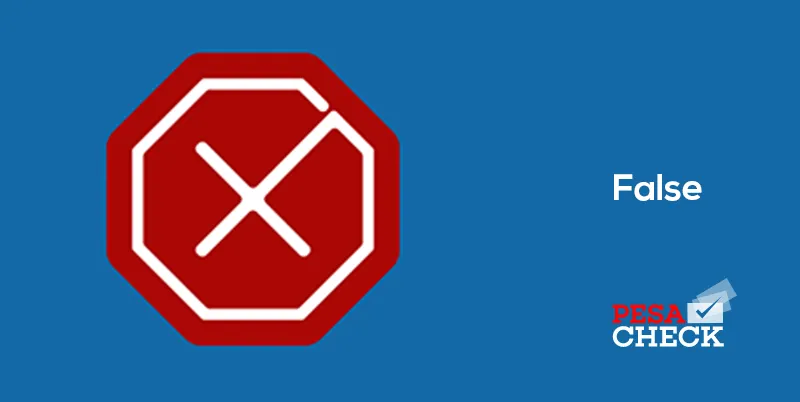
The video shows a July 2013 explosion in Moscow, Russia, after a truck carrying gas canisters rammed a passenger bus and crashed
The video shows a series of explosions on a highway and is accompanied by the text, “Two electric cars collide. Seat belts and air bags may not help (sic).”
The video has also been shared on Twitter, as seen here and here, with the same claim.
Electric vehicles (EVs) are environmentally friendly and run on electric power. However, misinformation surrounding the EVs has been debunked by PesaCheck in previous articles, as seen here and here.
Does the video show an explosion after electric cars collided?
A reverse image search of a screenshot from the video established that the recording is from a 2013 incident where a truck carrying gas canisters crashed after ramming a passenger bus.
In the incident, a truck carrying gas canisters crashed into a passenger bus, as reported by The Willits News.
The search also brought up a July 2013 video with the same visuals as the video under scrutiny. The video’s title refers to an explosion on Moscow’s Ring Road.
Further investigations of the same image through a Yandex search brings up a report dated July 2013 on the same incident. Part of the text on the site loosely translates to; “Consequences of the ISUZU explosion with gas cylinders on the Moscow Ring Road on 07/13/2013.”
PesaCheck has looked into a Facebook post with a video purportedly of an explosion after two electric cars collided and found it to be FALSE.
This post is part of an ongoing series of PesaCheck fact-checks examining content marked as potential misinformation on Facebook and other social media platforms.
By partnering with Facebook and similar social media platforms, third-party fact-checking organisations like PesaCheck are helping to sort fact from fiction. We do this by giving the public deeper insight and context to posts they see in their social media feeds.
Have you spotted what you think is fake or false information on Facebook? Here’s how you can report. And, here’s more information on PesaCheck’s methodology for fact-checking questionable content.
This fact-check was written by PesaCheck Fact-Checker Harriet Ogayo and edited by PesaCheck Senior Copy Editor Cédrick Irakoze and acting Chief Copy Editor Francis Mwaniki.
The article was approved for publication by PesaCheck Managing Editor Doreen Wainainah.

Leave a Reply